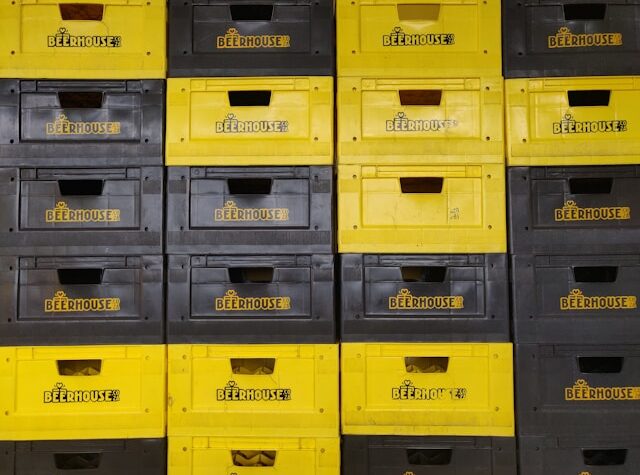
In the US criminal justice system, an arrested person can get released on a bond. This attempts to ensure that the individual will appear for all required court appearances. But many detainees who apply for a bail bond can’t afford to pay the amount set by the judge. This leads to incarceration for people who can’t afford to leave jail, and the money they paid for the bond often goes to waste.
The Legality of Bail
The role of bail Lancaster, PA in the immigration system is critical to ensure that detainees are present for court proceedings and are not a flight risk. However, not all detainees charged with immigration violations will qualify for an immigration bond. However, in a bitterly divided decision, the court said that immigrants who are in removal proceedings and have been in detention for six months or more are not entitled to bond hearings before immigration judges. Instead, the government can be satisfied by informal reviews conducted by Immigration and Customs Enforcement officials.
The Eligibility of Detainees for Bail
Detainees may be eligible for a bond if they meet specific qualifications. Eligibility is usually determined by either Immigration and Customs Enforcement (ICE) or an immigration judge. In some cases, non-citizens who are subject to mandatory custody or have a final order of removal can’t get out on bail. Mandatory detention is often associated with serious criminal convictions, including aggravated felonies. Bail is a way to release someone from custody so they can attend all their court dates and comply with the orders of the immigration court. Detainees should prepare for their bond hearing by collecting as much evidence as possible that show their ties to the community and obedience to the laws. These can include tax records, social security records, or letters from community members. As long as a detainee shows up to all their hearings and makes all the required paperwork, the money they paid for the bond will be returned at the end of the process.
The Cost of Bail
The cost of bail varies widely. It depends on four factors: citizenship or residency status, employment history, family ties in the United States, and criminal history. Bonds are a means of helping immigrants remain in the country while they wait for their immigration court hearing. They can also help people leave detention facilities to spend time with their families or consult with attorneys. Immigration and Customs Enforcement (ICE) typically sets an initial bond amount, but there are some ways to get the judge to lower it. These include filing a motion for bond redetermination or having the immigrant appear at a separate immigration court hearing, during which the judge can only consider the reasons for lowering the bond amount. Many immigration lawyers say bond prices have been increasing, which can make it harder for immigrants to afford them. They also say immigration judges have a broader range of discretion than other judges when deciding the bond level for detainees.
The Implications of Bail
The role of bail is crucial for understanding how and why immigrants are held in jails. Most prisoners are detained because they can’t afford to pay their bail. Bail is money paid to the court to ensure a person will come to court when they are supposed to. If a defendant fails to appear or violates their bail conditions, the bond is forfeited, and they will remain in jail. It is not uncommon for a judge to require people charged with a crime to post bail before they are released from custody. It’s a way of ensuring they return to court when needed and keep them from fleeing. This wealth-based practice of requiring people to pay money in exchange for freedom is a racist system that separates families and criminalizes race and poverty. It is also a system that creates two tiers of justice.





More Stories
Understanding Personal Injury Law: A Comprehensive Guide to Your Legal Rights and Obligations
Eyes on the Future: Cutting-Edge Trends Shaping Eye Care
The Precision and Efficiency of Modern Injection Molding Techniques